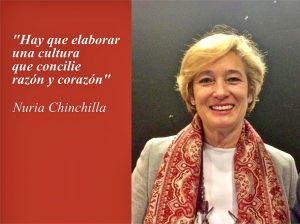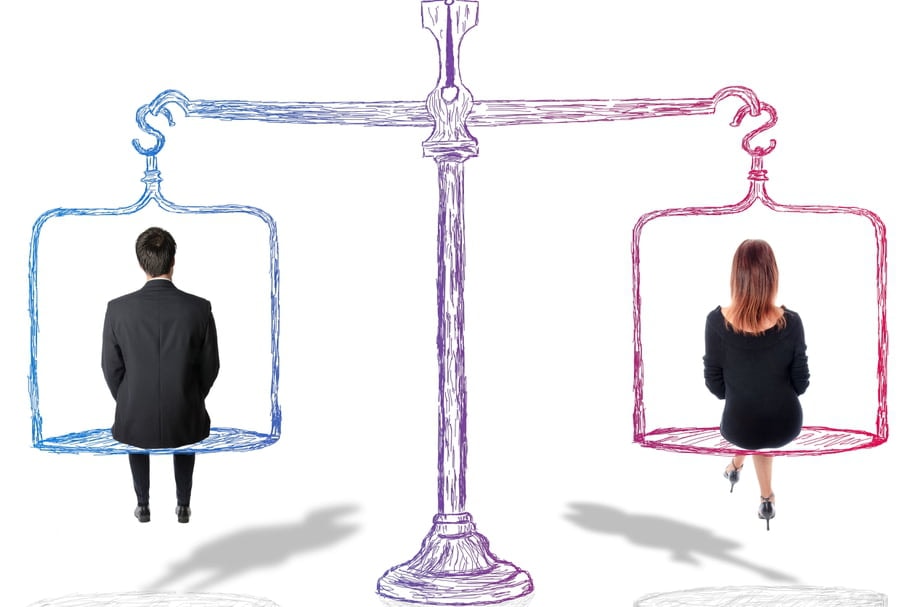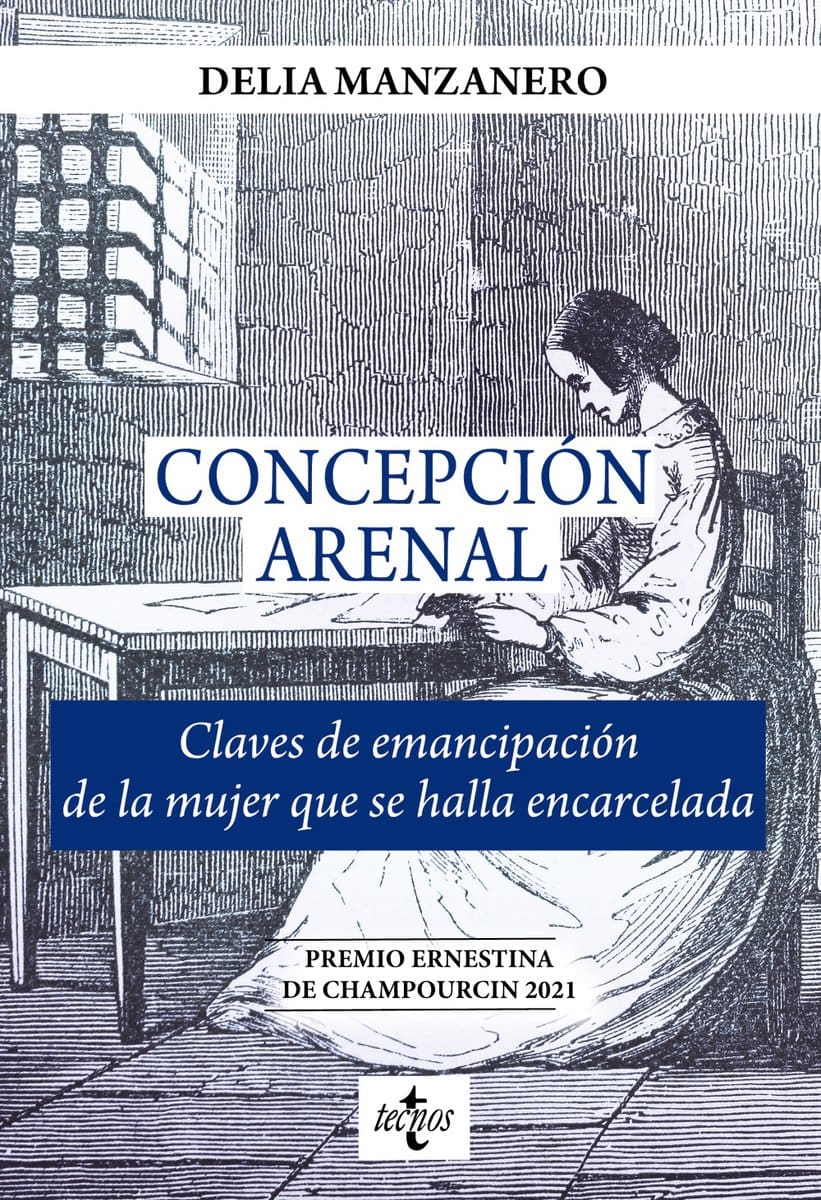Men and Women, Equal but Different
By Prof. Dr Nuria Chinchilla, original in Spanish

It is necessary to develop a culture that reconciles reason and heart, that respects women, that gives them the necessary tools to be respected, to improve their self-confidence and to broaden their point of view. This need arises, to a large extent, from the consequences for women, the family and society of gender ideology, an ideology which, far from valuing the female perspective, makes it disappear under the spotlight of queer theory. Equality of rights and opportunities, indisputable in the 21st century, is confused with equality without further ado. If men and women are equal from a biological and psychological perspective, then the feminine identity disappears.
Men and women are equal in rights, they share the principle of human dignity, but not at all from a biological or psychological perspective. We reason differently, our brains handle information differently and we also handle emotions differently. If this is not understood, conflict and confrontation are assured.
Another thing is the existence of prejudices and negative stereotypes that still exist with regard to women, as an expression and reminiscence of a culture that valued above all else the physical abilities of men. Everything that is feminine, in this culture, is bad, secondary, dumb and negative, while masculine is synonymous with strength, achievement and speed. These stereotypes eventually creep into social and professional relationships and need to be monitored.

La ideología de género del siglo XXI pretende llevarnos a un contexto en el que ser hombre o ser mujer no depende de la carga genética, sino de la propia percepción, aderezada por el contexto social. Tal hipótesis tiene sus raíces en la teoría queer, una corriente postmoderna que cuestiona las categorías universales y fijas de género y sexualidad, rechazando la normatividad impuesta en la sociedad. Surge como una crítica a las construcciones sociales de género y sexo, argumentando que son productos culturales y no naturales. Esta teoría busca desafiar las identidades tradicionales y promover la diversidad sexual, reconociendo la fluidez y complejidad de las identidades humanas. De esta manera, junto al sexo femenino y al masculino, aparecen una serie interminable de posibilidades, con independencia de la genética.
The lack of distinction between feminine and masculine, far from promoting equal opportunities for women, generates confusion, conflict and loss of identity for both sexes. Sex is a basic and determining characteristic of the way a person relates to others. The male and female brain are different and work differently, and hormones also play their part in establishing the differences. This in no way means that one side of the equation should be undervalued and neglected, on the contrary, it means that complementarity is in itself a value.
The views expressed by the authors of videos, academic or non-academic articles, blogs, academic books or essays (“the Material”) are those of the author(s) and do not necessarily reflect the views of the members of the Global Wo.Men Hub. In sponsoring the publication of this material, Global Wo.Men Hub considers that it contributes to useful debates in society. The material could therefore be published in response to others.

Nuria Chinchilla
Professor of Managing People in Organizations at IESE Business School






Commentaires récents